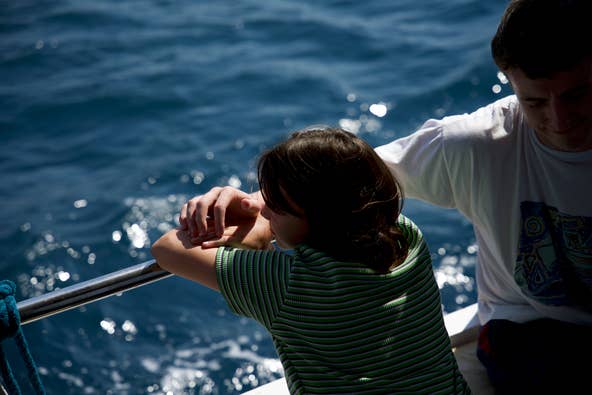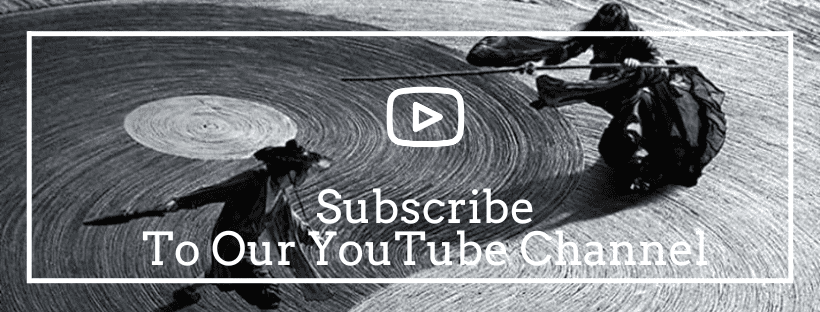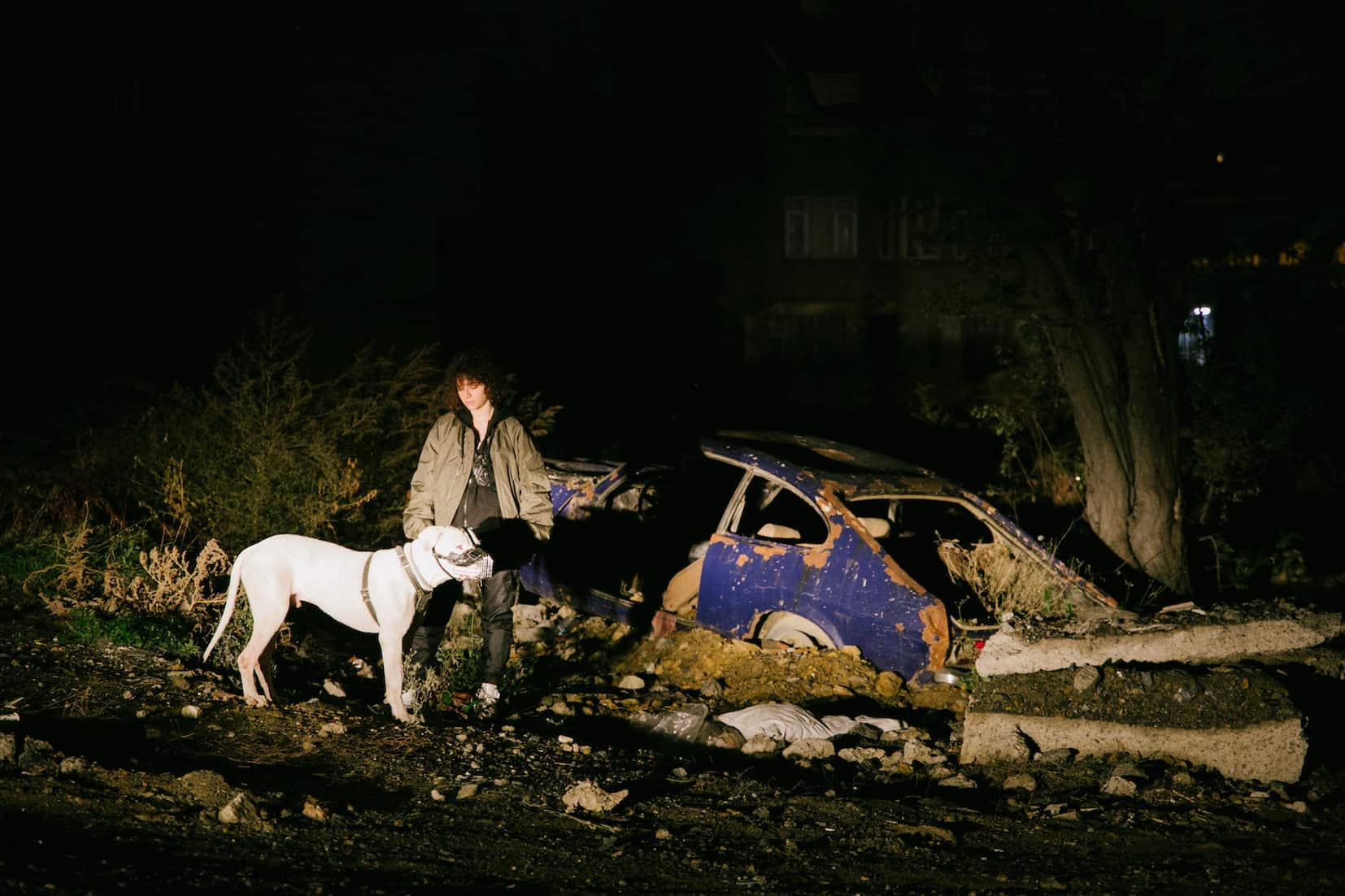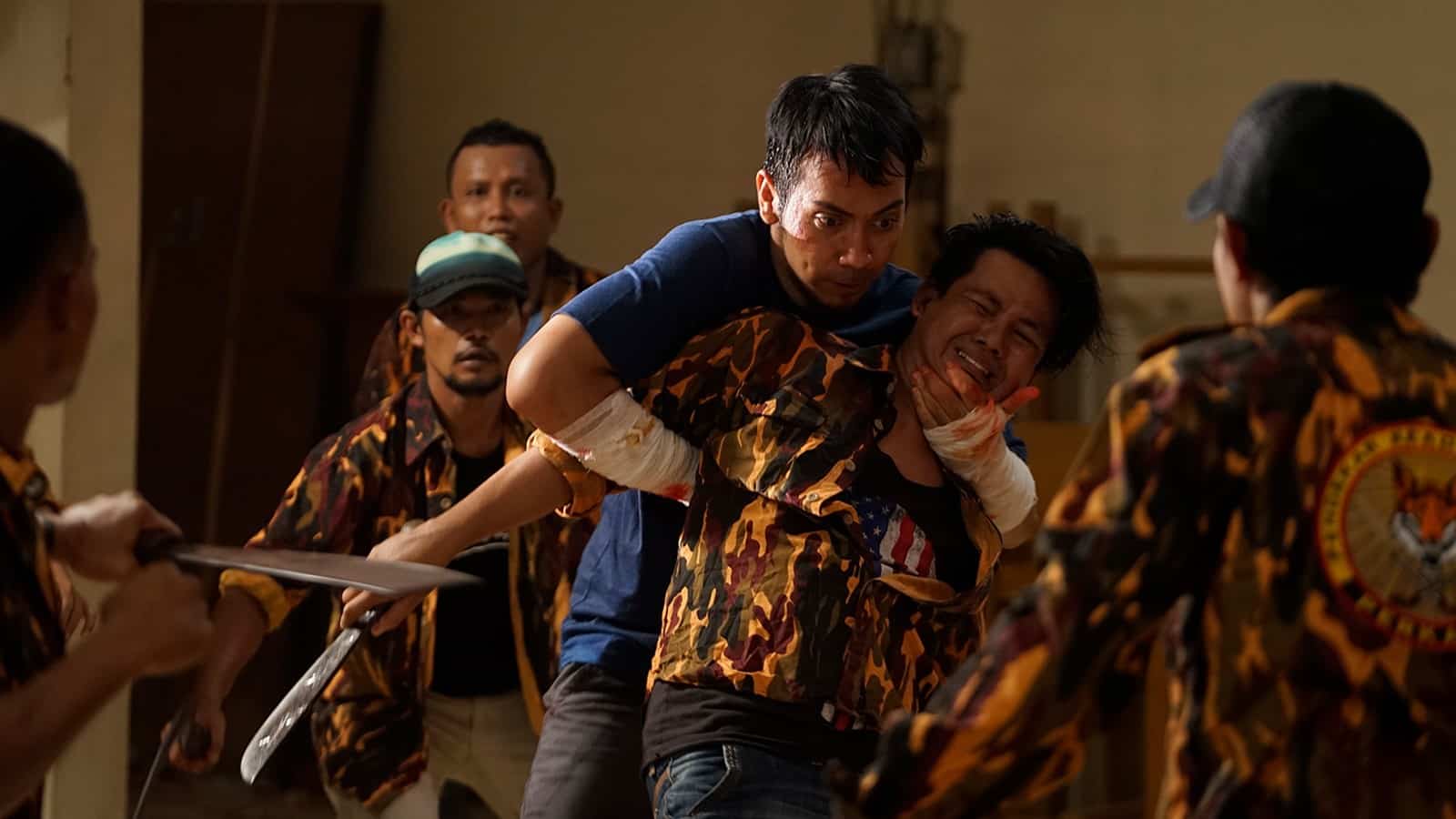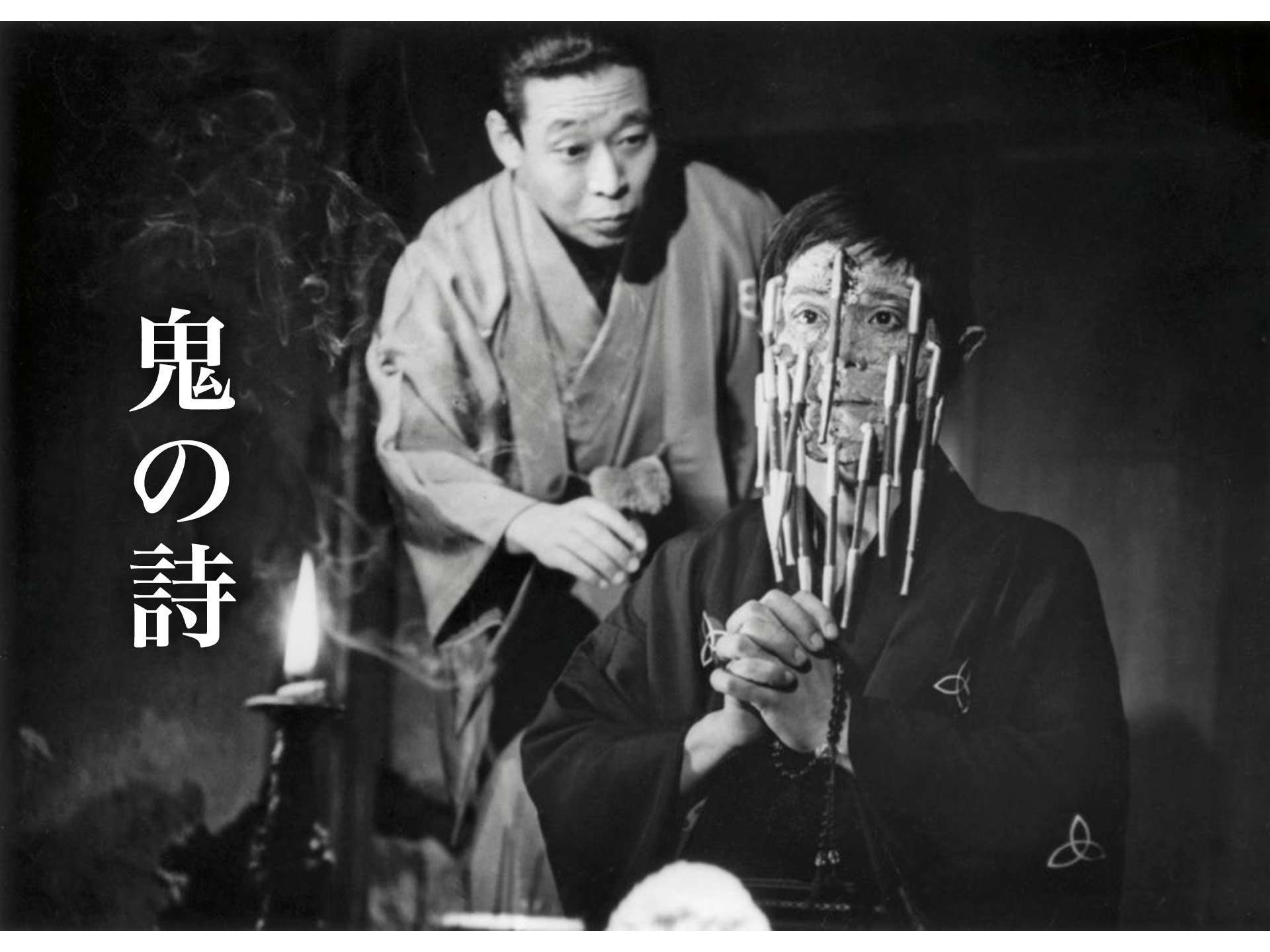There comes a moment in everyone's life when we start to comprehend our parents as people separate from ourselves. We begin to see their flaws, their limitations, while acknowledging how they once lived lives that stretched long before our existence. There's always a sense of wanting to peep back into their lives, knowing all too well the intimidating possibility of coming across a vast sea of unseen realms. Sophie, the young protagonist of “Aftersun”, is close enough to sense what she doesn't yet know. She doesn't know how crushing it is for his father when she asks him, “When you were 11, what do you think you would be doing now?” But you almost sense that the 11-year old, who seems to be hanging onto her childhood while rushing toward maturity, is all too aware that time is moving quickly even amidst the delights and frustrations of a short vacation her father has planned just around his 31st birthday. Sophie has fixated the lens on her father in order to interview him, asking him if this is what he imagined he'd be doing at 31 when he was her age. Like all feelings, this too is one that can hardly be described in words. That's how I approach writing about this movie, which is the best I've seen this year yet.
“Aftersun” is screening at Singapore International Film Festival

Set (mostly) in the 90s, Charlotte Wells' directorial feature debut follows the story of young Sophie (Frankie Corio) and her father, Calum (Paul Mescal) who plans a vacation with his daughter at an affordable beach resort in Turkey. The people they bump into assume they're siblings, and the rest of the time the two go diving or spend slow-hours by the pool. When Calum calls his home via a payphone, Sophie wonders why he still says ‘Love you' to her mum at the end of their overheard talk, even though they are divorced. But children are resilient, and sometimes it just isn't possible to tell someone everything you feel. At the same time, Calum doesn't seem to realize that Soph perceives more than he thinks she does. Not just through what she calls her ‘mind camera', but it is indeed very much possible to perceive a parent's existential anxiety from miles away. Through the father and daughter's quieter moments of wordless intimacy, “Aftersun” speaks to our inner worlds of consciousness in a way that feels far more intangible. It's empyreal and devastatingly melancholic all at once.
A stack of books about meditation and Tai Chi rest on Calum's table, which is indicative of his state of mind. He left Scotland, where Sophie lives with her mother, to live a life drifting around London. When she asks him if he'll ever move back, he tells her how he's figuring out how to rent a place and start something with his friend. But we know what that means, and it's Paul Mescal's brilliant performance that helps bring all the underlying notes to the table. Even with the Hulu original show “Normal People”, the actor had proven his uncanny ability of portraying experiences that his character was going through. Here too, he plays a character who internalizes all the emotions; the performance asks the actor to channel his thoughts through intense facial expressions, thus, using only the barest of movements to convey all the undertones. When asked by Sophie, he recalls his 11th birthday and how his parents had forgotten it. In another scene, he caresses her gently as she sleeps while saying, “There's this feeling, once you leave where you're from, that you don't totally belong there again.” It's one of the only fleeting glimpses of the self-loathing nature of his worry that we see on screen, in a film that otherwise draws all its power from the unspoken and unsaid.
The nine-year-old newcomer Francesca Corio gives a defining performance, not just by acting well but also reacting to Mescal's much restrained act in an effective way. Her eyes always seem to be moving, scanning the surroundings for hints and portents as she acknowledges her father's economic state. There's a palpable intimacy that being cared for as a young child comes with, and this makes the movie's juxtapositions with the older Sophie all the more effective. The film opens with the 31-year old Soph going through the old camera recorder, but we don't see her until the very end of the second act. You wonder what sort of self exploration the older Sophie, now in a relationship with a woman with whom she has a baby, had been on all these years. What does she still think of the carpet her father had bought from the trip? Did she ever see him again?
The director of photography, Gregory Oke, merges Wells' ethics and aesthetics by visualizing the retrospective structure of the screenplay in a deeply poignant way. There are multiple intercuts of visions of Calum dancing in a strobe-lit nightclub – sometimes alone, sometimes with his ex-wife – but are they just dreams that he has after he secretly smokes past midnight while his daughter's deep asleep? The movie at its core is about wanting to reach across time, in order to meet a loved one in a space where you can finally understand them for who they are. It's about wanting to relive a moment from the past once you consciously realize how thin the capillaries that nourish human relationships truly are. “Aftersun” very much exists in this liminal space created between memory and imagination.
With her debut feature, Charlotte Wells has created one of the most moving pieces of cinema in recent memory that evokes the feeling of a period without ever overstating it. There's enough inter-textuality in the text as well as in the visuals, but never at the cost of artistic expression. It's all artistically repurposed with so much command, that the movie itself feels as if it were taken out from the memories and anecdotes of an individual. We never get to see Sophie's mother or learn of what sort of dynamic the other characters shared with each other, because that's not the point. Sophie would still be reminiscing about the vacation spent in Turkey. But she also seems to re-watch the cam-recorder footage in the desperate hope that her father might be able to give her the untethering answers and moments in time to save her from it. Maybe they never saw each other again. Hopefully she comes to peace with herself. Well, at least that's what her father would've wanted at 31.


